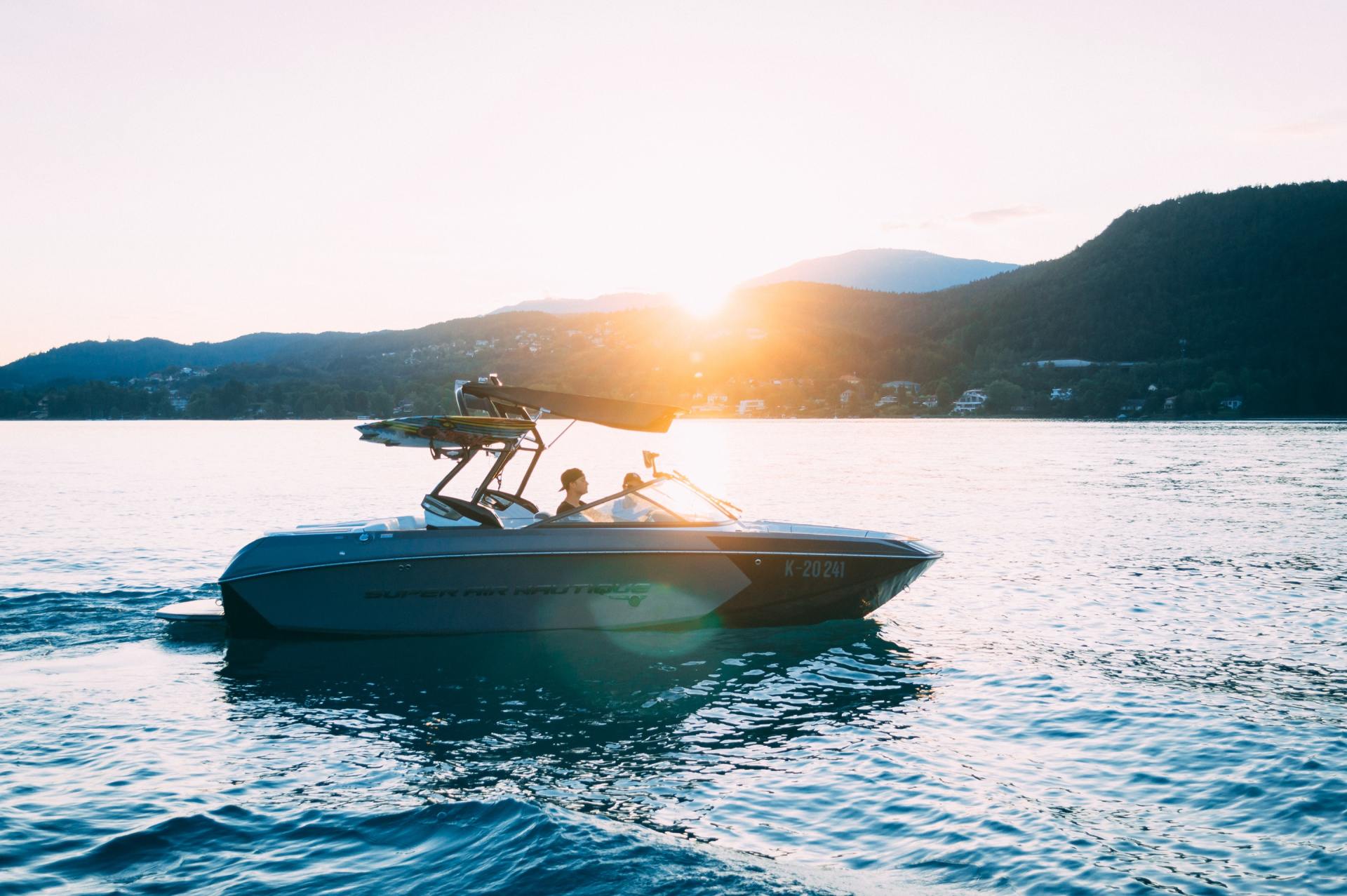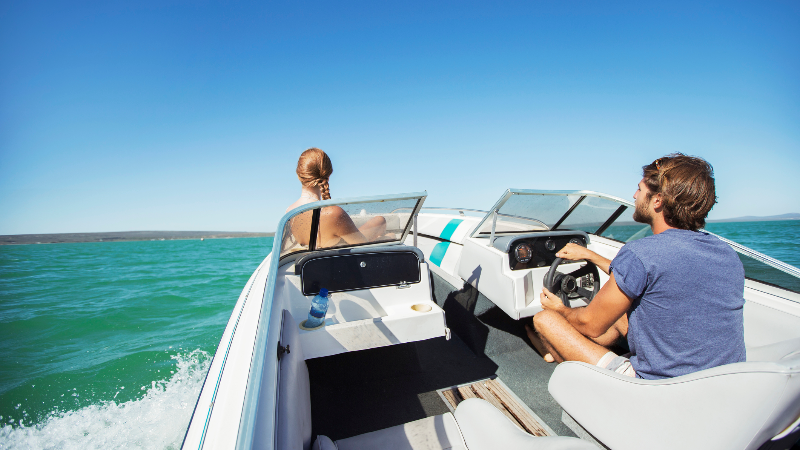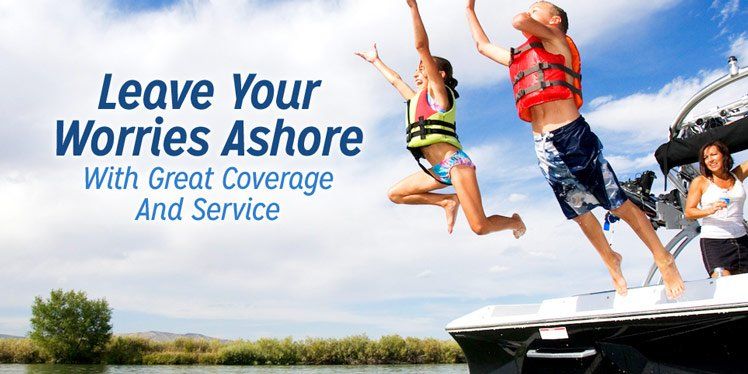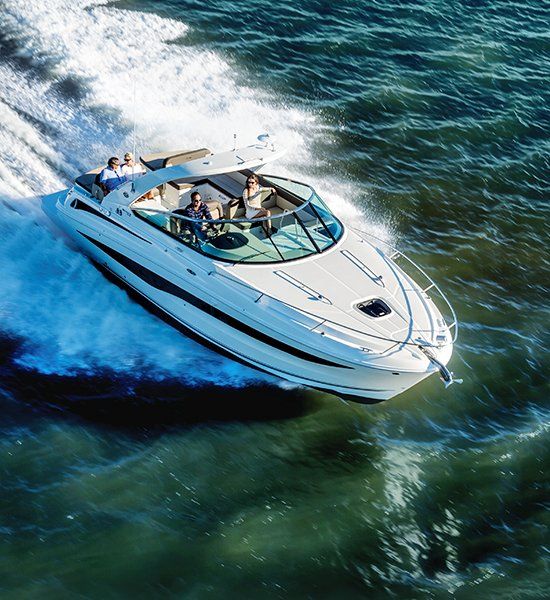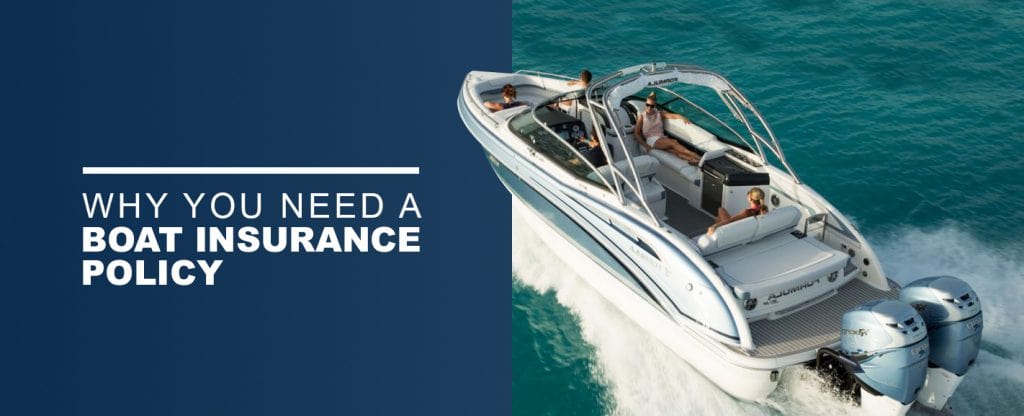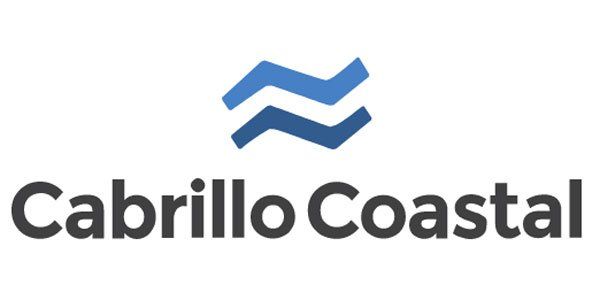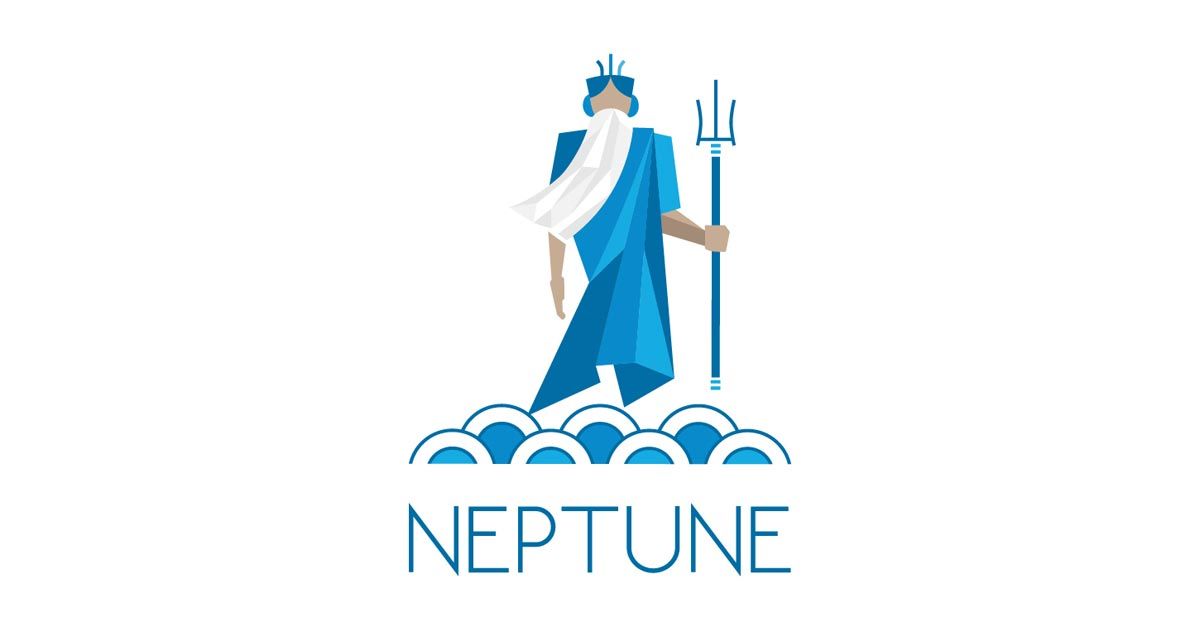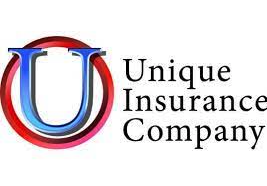Boat Insurance
Unlike motor vehicles, you are not required to carry insurance on your boat in the state of Florida, but your lienholder or the marina owner where you dock your vessel may require you to have some type of insurance coverage on your boat. If they do, it’s likely that your homeowner’s insurance will not be an acceptable substitute.
According to the Boat Owners Association of the United States, insurance coverage under a homeowner’s policy is generally limited to boats under 16 feet in length, with a small outboard motor and a very low value, sometimes as little as $1,000. Also, homeowner’s policies are not equipped to cover the unique types of losses that boats can sustain, such as pollution liability, wreck removal and salvage.
Free Evaluation and Quote
Call us at 941.212.1155
Why you need
Boat Insurance
It is true that most homeowners’ insurance policies will not cover their boats or any water-related incidents. There are many risks associated with owning a boat, such as other watercraft, storms/hurricanes and a number of additional issues, so that means that the type of insurance you need to protect your vessel is very different from other policies.
In the same way your home or auto is, your boat is an investment, so if it is stolen or damaged in any way, it could cost you quite a bit of money to repair or replace it. And what if a third party is hurt on your boat? Liability costs to you could be outrageously expensive. Here are some things to consider, when choosing a boat insurance policy to protect it and you from damage and liability:
Type of Boat and the Value of the Boat
The type of boat you have. Insurance companies take into consideration the size of your boat, and risks that may be associated with it, when deciding what you will pay for a premium.
The value of your boat. The intent of your insurance policy should be to at least cover the amount of the value of the vessel if it were to be lost, stolen or destroyed.
How and Where You Use Your Boat
How you will use your boat. For example, a yacht with sleeping quarters is insured differently than a commercial fishing boat. You will also want to insure accessories or equipment that have been added onto your boat.
Where you will be boating. Some bodies of water are considered to be riskier than others, so boating there will result in higher insurance premiums for you.
Where the Boat Will Be Kept and the Value of Your Boat
Where you will keep your boat when it is not in the water. At that time, it may be covered under your homeowner or auto insurance. For instance, if your boat in storage on your property or on the back of a trailer attached to your car when it’s damaged.
How much your boat is worth. When placing a valuation on your boat, you need to consider agreed value and market value. Agreed value is what you paid for the boat and market value is what the insurance company will pay you if it is totaled—what it’s worth minus the depreciation. You can purchase an insurance policy to cover either of those values, but will pay more for one that’s for the agreed value.
Discounts for which you may qualify. Your premium could be lowered if you have a good boating record, have taken a boating safety class or if your boat has certain extra safety features.
Valiant Insurance is Trusted by more than 30 Providing Insurance companies
Two Locations to Serve You
3277 Fruitville Road
(Building F1)
Sarasota, FL 34237
Ruskin, FL
Our Ruskin Office is currently closed. However, we understand that there may be circumstances where an in-person meeting is necessary. In such cases, we kindly request that you send a meeting request to our dedicated service team at
©2024 The Content on this website is owned by Valiant Insurance. Do not copy any content including the images without our consent.

